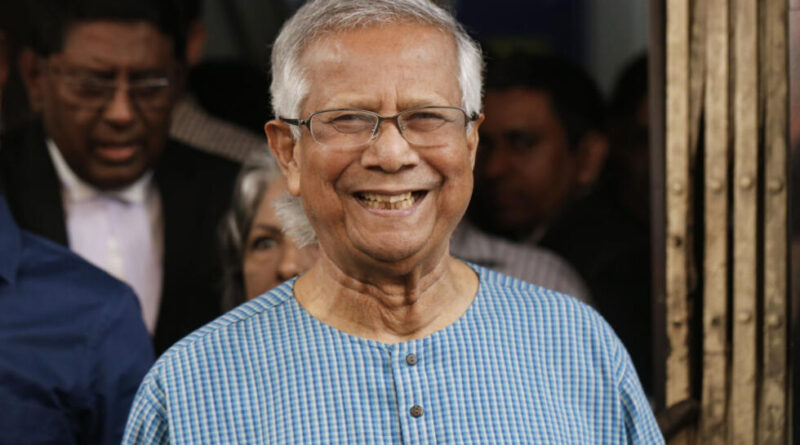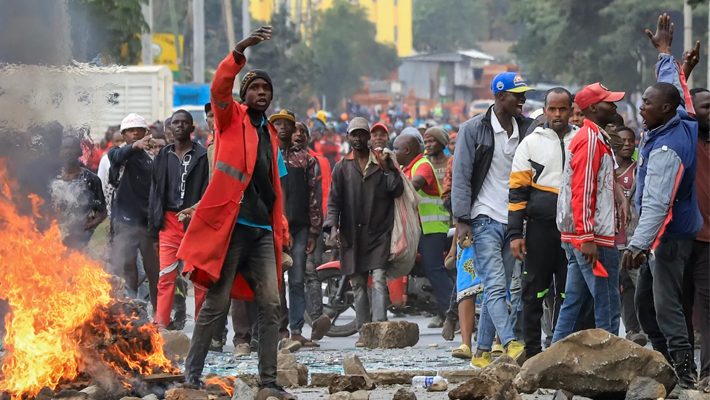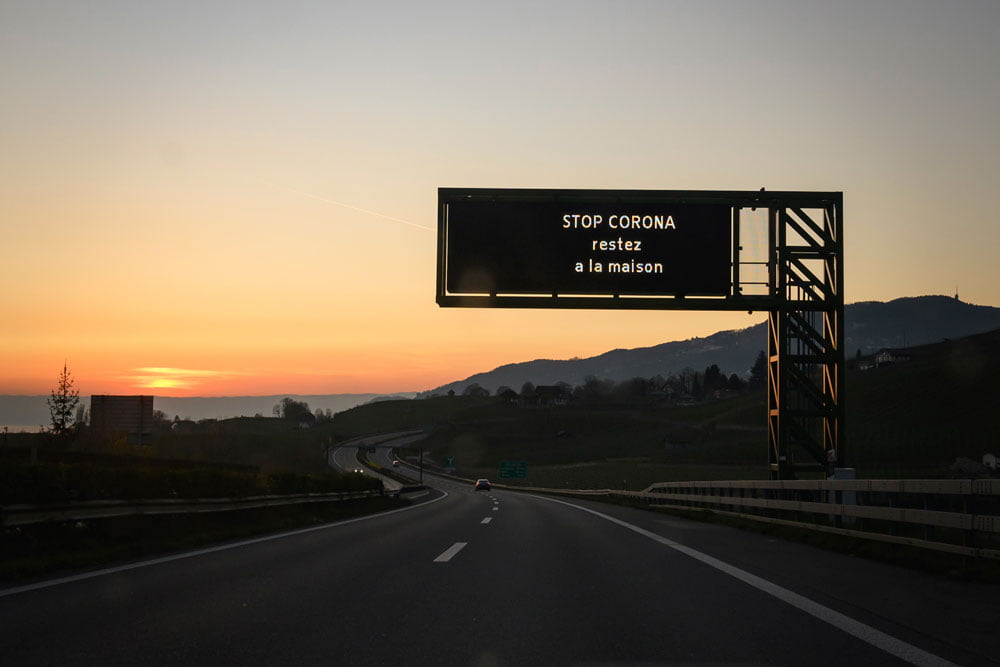Yunus, Bangladesh’s Nobel Prize winner, will lead the interim government
Bangladesh’s Nobel Prize-winning microfinance pioneer Muhammad Yunus will lead an interim administration after large protests forced longstanding Prime Minister Sheikh Hasina to quit, the presidency announced on Wednesday.
The appointment came quickly after student leaders urged the 84-year-old Yunus, who is credited for bringing millions out of poverty in the South Asian country, to take the helm.
The decision was taken during a meeting with President Mohammed Shahabuddin, the commanders of the army, navy, and air force, and student leaders.
“(They) decided to form an interim government with Professor Dr Muhammad Yunus as its chief,” a statement from Shahabuddin’s office read.
“The president has asked the public to assist him get through the situation. A quick creation of an interim government is required to address the crisis.”
According to Haid Islam, one of the Students Against Discrimination organizers who attended the conference, Yunus would be appointed principal advisor.
According to Islam, Shahabuddin agreed that the interim administration “will be formed within the shortest time” possible.
Islam referred to the meeting as “fruitful”.
However, nothing more was known about the proposed administration, particularly the military’s position.
Yunus, who is now in Europe, told AFP on Tuesday that he was prepared to lead the interim administration.
“If action is required in Bangladesh, for my country and the courage of my people, I will take it,” he said in a statement. He also called for democratic elections.
– A deadly crackdown.
Hasina, 76, who had been in office since 2009, resigned on Monday after hundreds of thousands of protesters stormed Dhaka’s streets demanding she step down.
Monday’s events were the culmination of more than a month of unrest, which began as protests against a plan for quotas in government jobs but morphed into an anti-Hasina movement.
Hasina, who was accused of rigging January elections and widespread human rights abuses, deployed security forces to quash the protests.
Hundreds of people were killed in the crackdown, but the military turned against Hasina on the weekend and she was forced to flee on a helicopter to neighbouring India.
Army chief General Waker-Uz-Zaman said on Sunday it was “time to stop the violence”.
The military has since acceded to a range of other demands from the student leaders, aside from Yunus’s appointment.
The president dissolved parliament on Tuesday, another demand of the student leaders and the major opposition Bangladesh National Party (BNP)
The head of the police force, which protesters have blamed for leading Hasina’s crackdown, was sacked on Tuesday, the president’s office said in the statement announcing Yunus as leader.
Ex-prime minister and BNP chairperson Khaleda Zia, 78, was also released from years of house arrest, a presidential statement and her party said.
And the military reshuffled several generals, demoting some seen as close to Hasina, and sacking Ziaul Ahsan, a commander of the feared Rapid Action Battalion paramilitary force.
Free of ‘dictatorship’ –
The streets of the city were mainly tranquil Tuesday, with shops reopening and international flights resumed at Dhaka airport, while government offices remained mostly closed.
Following Hasina’s departure, millions of Bangladeshis took to the streets to rejoice, and joyous mobs assaulted and looted her official mansion.
“We have been freed from a dictatorship,” said 21-year-old Sazid Ahnaf, comparing the events to the country’s independence battle from Pakistan over five decades ago.
According to police, crowds have conducted vengeance attacks on Hasina’s allies and their own policemen, as well as freed more than 500 inmates from prison.
Monday was the worst day since protests began in early July, and another ten people were killed Tuesday.
The overall death toll is at least 432, according to an AFP assessment based on police, government authorities, and hospital physicians.
Protesters broke into parliament and set fire to television stations. Others shattered statues of Hasina’s father, Sheikh Mujibur Rahman, Bangladesh’s independence hero.
Some Hindu businesses and houses, which some in the Muslim-majority country regard as linked to Hasina, were also targeted.
Bangladeshi rights groups, as well as officials from the United States and the European Union, have raised worry over reports of attacks on religious, ethnic, and other minority groups.
Bangladesh’s biggest regional allies, India and China, have called for calm.
AFP



